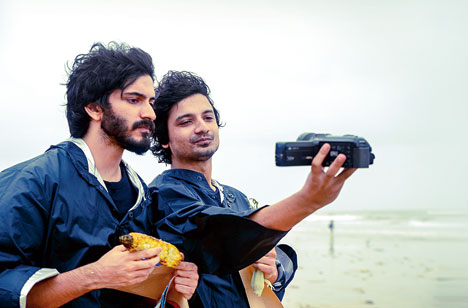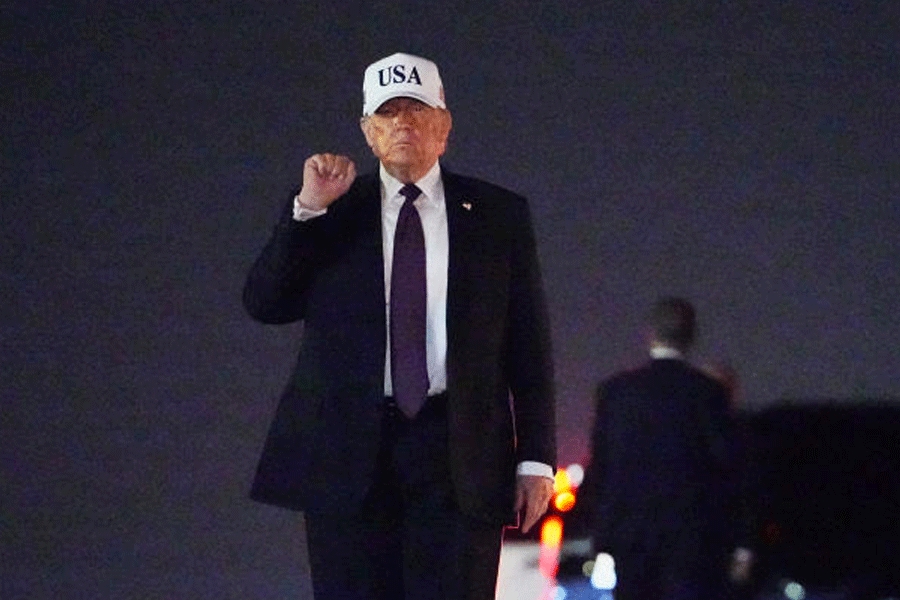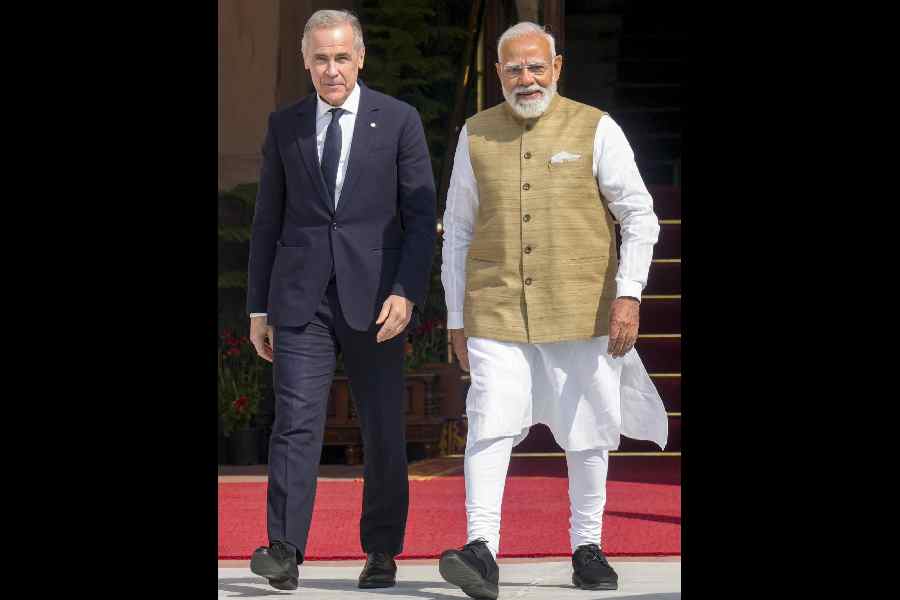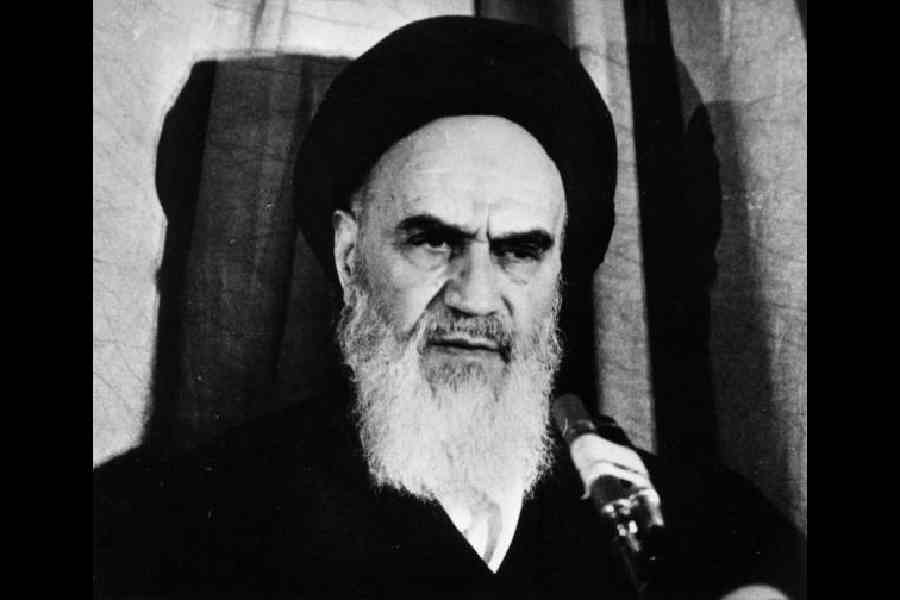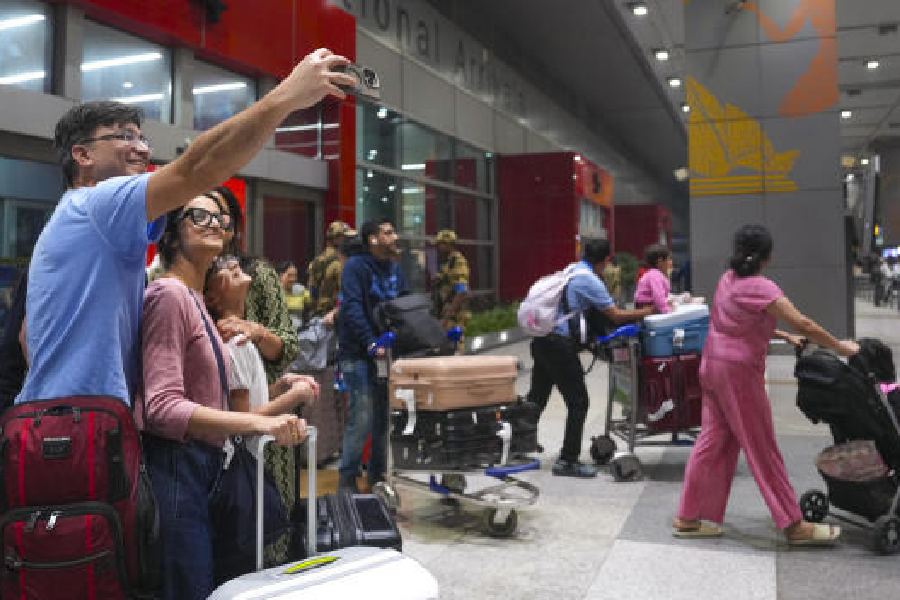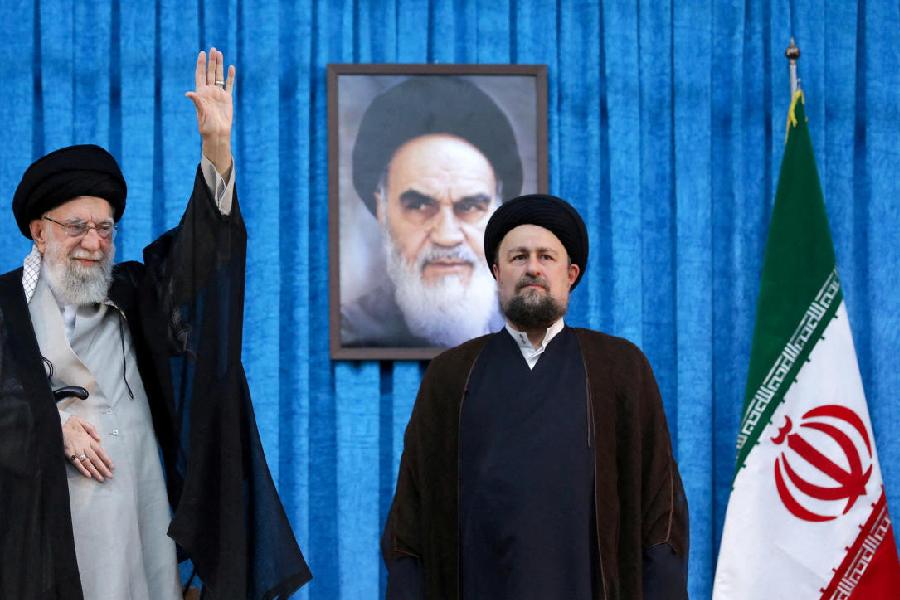
There are traces of Vikramaditya Motwane’s love for superheroes all over his cabin at the Phantom office in Lokhandwala, Mumbai. There are stacks of comics, prints of Superman and Batman on one wall and another framed artwork of the Joker on the table. He sounded almost offended when I asked if the office decor was in aid of promoting his next film, the superhero/vigilante flick Bhavesh Joshi Superhero, before laughing. “Naah…I have loved comics and superheroes for a very, very long time. I prefer DC to Marvel. I have always been a huge Batman and Superman fan,” he shared as we sat down to chat about the Harshvardhan Kapoor starrer.
This was clearly a film you’ve wanted to make for a long time.
Yeah, I started writing this film in 2010, the script was ready in 2011 and I’ve been trying to make it since then. It started off with just living and growing up in a city like Bombay, and there are things you wish you could change about it but you’re not in a position to. Sometimes, you just wish you could just wear a mask and right all the wrongs.
Of course, translating this in a larger sense is, ‘When the justice system fails you, what are you supposed to do?’ Vigilantism is not the solution to anything but sometimes it’s the only way to get a point across. For me personally, it comes from really small things like people running red lights, but you can’t make a film about that, so you end up channelling that into larger issues like land grabbing and infrastructure issues. During 2011, there was a lot of this going on... the Commonwealth Games scam, Anna Hazare and his Lokpal movement. So, that was the time the film needed to be made. Because I was making Lootera, I couldn’t make it then and then tried to roll with Imran (Khan).
Why didn’t the film take off with Imran?
Imran had just done a film that didn’t work, and that changed his entire approach to my film... he didn’t think it was a viable thing to do back then. Also, I tried to get funding but couldn’t. So I went to Sidharth (Malhotra) in 2015, but the script didn’t seem viable anymore and had to be changed. Though we had an entire team in place and had seen locations, we decided to put the brakes on and start again — it was disheartening but in hindsight, it was a good thing.
How did you deal with the false starts?
There are times when it can feel like this is the end of the road. But I think I’ve been lucky because there’s enough work going on around, whether it’s producing stuff or directing Trapped. It didn’t feel like my world had ended. There are times when it can be extremely disheartening, because it’s happened with both of my previous films —Trapped was the only one which started and got done quickly; Udaan took seven years to make, Lootera took five years. I’ve had these stops and starts and when you’re making films that are outside the mainstream, you know it’s going to be a tough journey. So, I’m used to it and I know that each time it happens, you need to step back and assess it. It was much easier this time around.
How did Harshvardhan come on board?
In early 2016, after finishing Trapped I decided to go back to this film. Harsh had auditioned for the role in 2012 but back then, he was very raw and I told him he wasn’t ready for the film. By 2016, when I was changing the film and I realised what I wanted to do with the character, Harsh fit in this time. He had just finished Mirzya and I had also changed the character based on Harsh’s personality, and that was the right time to start.

Bollywood hasn’t had a lot of luck with the superhero genre. Why do you think that is?
We don’t have a culture of the masked hero. Our heroes in mythology are just the way they are. All these superheroes were born in the ’30s and ’40s, but it took 40 years for the first film to get made out of those comic books. So they had a 40-year-old culture of superheroes... we’ve never had that. Our heroes, Salman and Shah Rukh, are out there doing their thing without a mask.
There’s a tonal difference between a vigilante film and a superhero film. People now immediately associate humour with the superhero genre, thanks to Marvel. Do you think that’s a good thing?
Marvel’s actually changed it to a point where everything has comedy, in a good way. When you go to watch an Avengers film, you aren’t really going to watch a superhero film —you’re going to watch a commercial film that transcends the genre. Everything Disney in fact, including Star Wars, which would have been fringe in the ’70s, has now gone mainstream. There are very few vigilante films being made now. A lot of Bhavesh’s influences are not just Batman; there’s also the Indian vigilante we saw as the angry young man from the ’70s and Sunny Deol from the ’80s. While I was writing, I went back and watched films like Zanjeer, Ghayal, Arjun and Shahenshah, just to see what were the reasons for those films to be made back then. Bhavesh is an origin story — it’s about the need for a hero to rise because nobody else will do anything.
Your filmography almost makes it look like you’ve gone out of your way to not repeat yourself. Is that a very conscious decision on your part?
It’s just about stories that you like and you move on to. I take each one personally as a challenge and once it’s done, you decide to move on because it’s in your past now. Maybe I just haven’t discovered my style yet. I like experimenting with different tones and films, and it’s possible I haven’t discovered a comfort zone yet; maybe it’ll come.
While Alfred Hitchcock made the best suspense thrillers, and (Akira) Kurosawa was known for great Japanese battle films, I’ve always personally adored people like Billy Wilder and (Stanley) Kubrick. They made these great stories and as directors, the guy who made Dr. Strangelove wasn’t the same guy who made Full Metal Jacket. Each film puts the film beyond the filmmaker and that’s important. I can’t approach Bhavesh the same way I approached Trapped, and I couldn’t approach Trapped the way I approached Lootera.
You also have Sacred Games on Netflix this year.
Yes, a lot of fun. I’m showrunning —like being a creative producer — but what Netflix calls the constant creative voice for the show. So, mine is the final call on scripts, edits, music.... You can direct, but you don’t have to direct; you have to sign off on everything though because it’s your vision. Anurag (Kashyap) and I have directed half each. One can get different directors, but they’d have to follow a template that’s been set by me. It leaves you objective, which is great.

